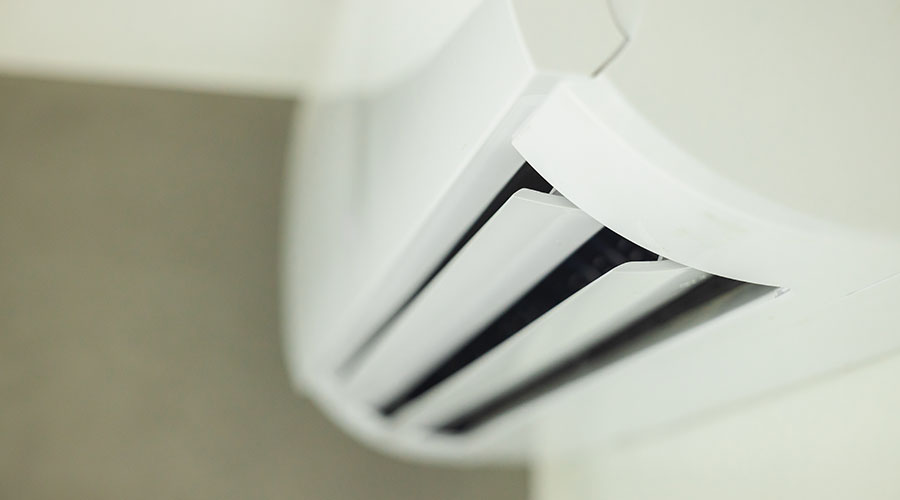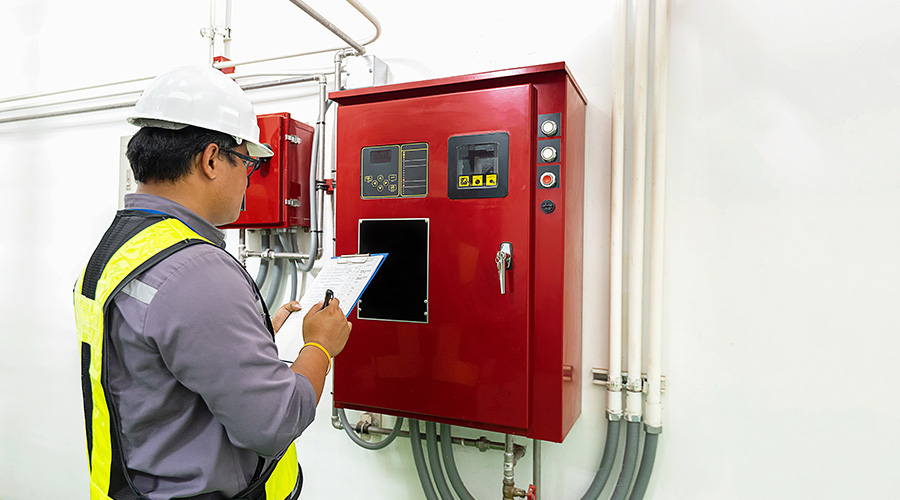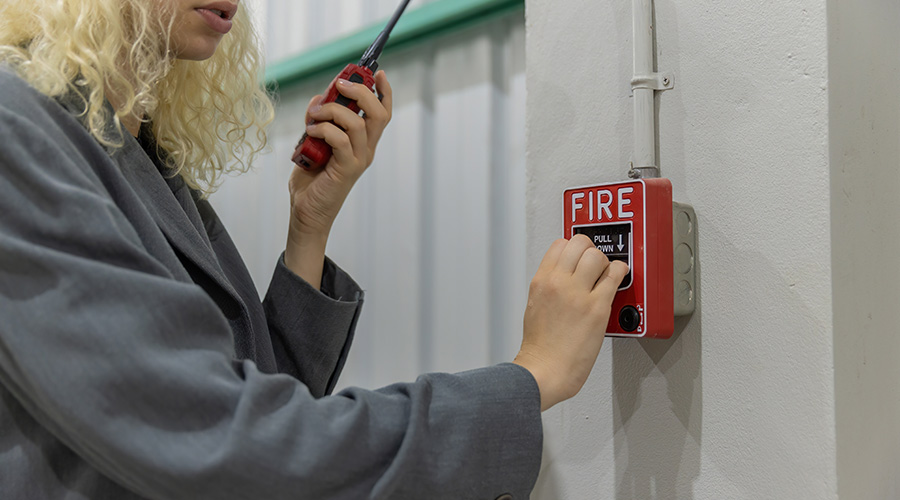Training Occupants On Fire Safety
Who is responsible for fire drills and extinguisher training?
By Wayne D. Moore and Larry D. Rietz, Contributing Writers
Fire prevention strategies go beyond alarms and suppression systems. Building occupants need to be aware of how to act during a fire emergency. That requires conducting fire drills and training occupants on using fire extinguishers.
With so many duties maintaining a facility already, who has time for these tasks? Here are the employer requirements for occupant safety, per NFPA 72.
Do I need to conduct fire drills?
Yes, they are required by section 10.5 of the NFPA 1 Fire Code and by Chapter 4 of the International Fire Code (IFC). Fire drills, emergency evacuation drills, and lockdown drills are required depending on your occupancy and the number of occupants within a building.
What happens if I don’t conduct fire drills?
Fire drills are required in occupancies that require an approved fire safety and evacuation plan, which includes many common occupancies. In occupancies without such a requirement and unless there is a local law or an insurance requirement to perform fire drills, there would be no consequences if none were performed, with the possible exception of the occupants being unfamiliar with what is expected of them during an evacuation due to a fire condition. It is good practice to perform fire drills and other emergency drills including weather emergencies, hostile intruder emergencies, and the like for the protection of building occupants. The level of preparation by the occupants improves the emergency responders’ abilities during an emergency.
What should I do if someone will not leave the building during a fire drill or alarm?
If an employee does not leave during a fire drill, then there should be management involvement to determine the consequence. If someone does not leave during an alarm and the fire department arrives, there is a good chance the owner and/or the individual may be cited.
Do I need to train employees on fire extinguisher use?
An employer must provide portable fire extinguishers and mount, locate, and identify them so that they are readily accessible to employees without subjecting the employees to possible injury. (See OSHA 29 CFR 1910.157(c)(1).) Further, an employer must provide an education program to familiarize employees with the general principles of fire extinguisher use and the hazards involved with incipient stage firefighting. (See OSHA 29 CFR 1910.157(g)(1).)
This education must be provided when employees are first hired and once a year thereafter. (See OSHA 29 CFR 1910.157(g)(2).) Employees who are designated to use firefighting equipment in the emergency action plan for the facility need to receive additional training.
Is there a difference between NFPA 72 requirements and best practices or prudent practices to minimize liability?
Building codes are adopted into law. NFPA 72 is adopted by building codes; therefore NFPA 72 requirements are law. Failing to comply with the requirements of NFPA 72 is essentially breaking the law.
A best or prudent practice is something that is followed by engineers or contractors because they have found the practice to cause the design or installation to be more reliable. Best practices are not NFPA 72 requirements; therefore, they do not carry the same weight as NFPA 72 requirements.
Our insurance company has made a recommendation. Do I need to follow that recommendation?
Insurance company recommendations may affect whether your company can be insured or not, so the recommendation needs to be reviewed with management. It may turn out to be a requirement for your company to obtain the best rate from the insurance company.
Wayne D. Moore is a licensed professional fire protection engineer with over 45 years of engineering experience. Moore currently serves on the NFPA 72 Correlating Committee and Chapter 24 Technical Committee (past Chair), as well as being an editor of five editions of the “National Fire Alarm Code Handbook.”
Larry D. Rietz, is a NICET Level IV Certified fire alarm designer with more than 29 years of life safety industry experience. Rietz is Vice President and Global Service Line Leader for Fire Detection and Alarm for Jensen Hughes and serves on the NFPA 72 Chapter 24 and 12, 21, & 23 Technical Committees.
Related Topics:












